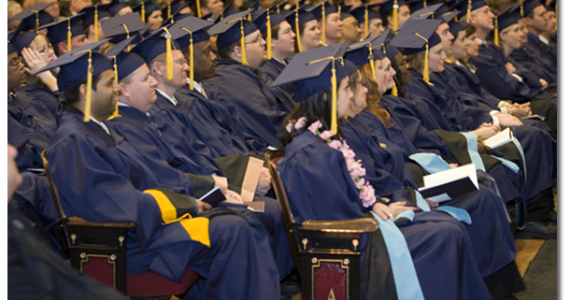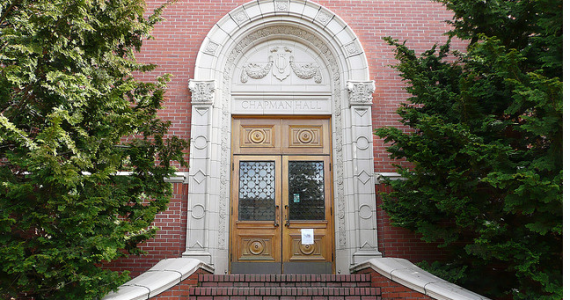Western Governors University has been somewhat of a sensational success story in higher education. The no-frills provider of online education offers degrees in only four areas — Education, Business, Information Technology, and Health Professions — is growing its enrollment by about 30 percent per year, and has kept its tuition — $6,000 — the same for four consecutive years.
How? By emphasizing productivity, and utilizing technology in classes. “If we can increase productivity, there is more learning for less money. It’s a very simple equation,” said Robert Mendenhall, the university president at a forum called Charting the Future of Higher Education, held Thursday September 15th in Washington. Western Governors is very disciplined about matching each prospective student with an admission counselor, and they create an online relationship. Ongoing students have online relationships with mentors. And much of the learning takes place in student online communities.
Mendenhall said his university is just scratching the surface of the potential of technology in higher education. “We’re only going to have a meaningful impact if we inspire others to try new methods in higher education. Others will find better ways to use technology than we have.”
Speaking of technology, A. Craig Powell, CEO of ConnectEDU, spoke about his growing database of high school and middle-school students, and their talents, desires, and accomplishments. Kevin Carey, policy director of Education Sector, also a panelist at the event, believes ConnectEDU will profoundly change college admission in coming years by directly matching students to colleges that are the best fits for them.
Incoming search terms:
- Application Of Data Mining In Higher Education
- data mining in education
- data mining and its future in 2020
- future of data mining
- mining in the future 2020
- wgu students


